The launch of Celerio Diesel underscores Maruti Suzuki’s efforts to stay ahead of the competition.
Text: Anirudh Raheja
Maruti Suzuki launched its small car Celerio an year ago and became the first car to offer an Automated Manual Transmission (AMT), albeit on the petrol version, the Celerio helped its maker to strengthen its leadership position. Since Febrauary 2014 the market share was 61% in the lower hatchback segment and rose to 71% in a short span of 1 year from the Celerio being cruised the roads. It was perhaps the only small car then, which offered the convenience of automatic transmission at a price that was not exorbitant in comparison to the manual transmission version.
Celerio once again whirlwinds in news for a different reason. It has become the first Maruti car to flaunt a 2-cylinder diesel engine. The engine has the same nomenclature (DDIS) as the engine that powers the swift or the Ertiga. The engine that powers the Swift or the Ertiga is a 1.3-litre, common-rail turbo diesel unit of Fiat origin, that produces 75 bhp and 90 bhp respectively. The bore and stroke of this engine is 69.6 mm and 82 mm respectively. In both the cars, the engine is arranged transversely at the front with the drive going to the front wheels via a five-speed manual transmission. The same formula is applied in Celerio where the two-cylinder, 793cc common-rail turbo diesel engine is arranged transversely at the front with the drive going to the front wheels via a 5-speed manual transmission.
An all-aluminium unit, this engine was designed from scratch with a reduced cylinder count which is known internally as E08A and marketed as DDiS 125, compliant to BS IV emission norms. Weighing 89kg in comparison to the engine that powers the Swift or the Ertiga, which weighs 128kg, the DDiS 125 is claimed to be the smallest automotive diesel engine in the world. The light weight boost is provided by a compact BorgWarner turbocharger and an intercooler. Producing 47 bhp at 3600 rpm, and a peak torque of 125 Nm at 2000rpm, the engine breathes through 4 valves per cylinder. An outcome of Rs 900 crore investment, which also includes the investment made by the suppliers, the engine is claimed to offer a fuel efficiency of 27.62 kmpl, more than that of the three-cylinder 938cc engine of the Beat. Beat is claimed to deliver a fuel efficiency of 25.44 kmpl.
Localised to the extent of 97% the diesel engine of the Celerio is a result of rigorous development and testing for 4 years. A good deal of inputs from Maruti Suzuki have found their way into this engine. The engine was developed at Suzuki’s facility at Japan. With the assistance of Bosch, the Japanese company’s fuel injection block along with a high pressure fuel pump and a fuel control unit monitors fuel injection in the engine. Though the compression ratio of Celerio is 15:1, the diesel engine of Celerio is not the quietest claim industry experts. The bore and stroke dimension is 77.0 mm x 85.1 mm respectively. Producing higher torque than that of the Swift’s engine ironically, the diesel engine of the Celerio is expected to find use in other upcoming models of the company.
Kenichi Ayukawa, MD and CEO of Maruti Suzuki India said, “By launching Celerio diesel it will allow us to expand beyond Swift, Ritz, Ertiga and Ciaz models but for now we have no plans to bring in AMT for diesel cars despite AMT being successful in the petrol version of the car.” Nearly one third of the Celerio’s sales are from its AMT version, which since the launch viz February 2014 has sold 95000 units. Ever since the launch of AMT in Celerio and Alto K10, the company has not been able to meet the rising demand. The company has built up the capacity to develop more than 1 lakh units of diesel engine per year and the newly launched engine will surely facilitate Maruti Suzuki to enter many potential markets which it has been keen to serve in near future. In May 2015, Maruti Suzuki’s roll out was its 15 millionth car from its Manesar facility, a Swift VDi model and such expansion into budget segment is all set to further strengthen company’s market share in diesel run cars.


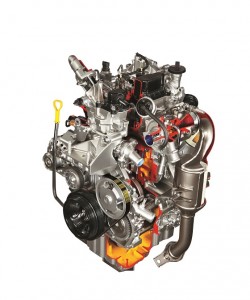
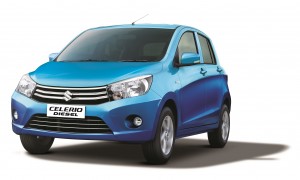


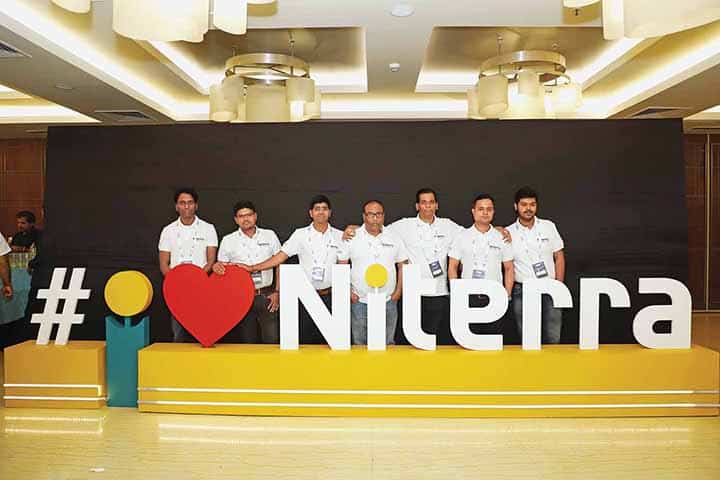
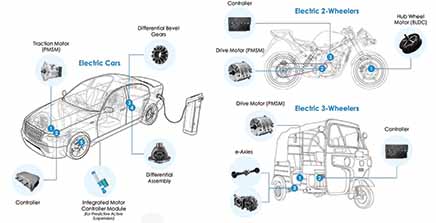

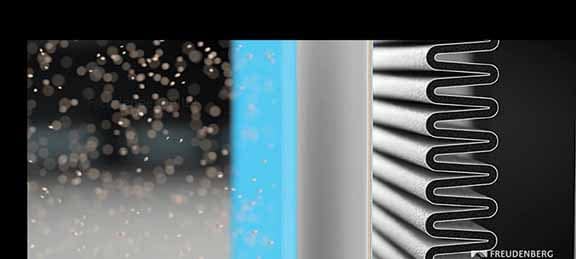
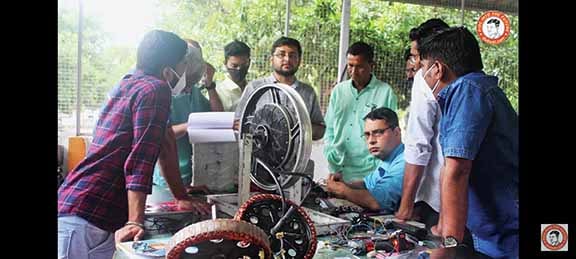
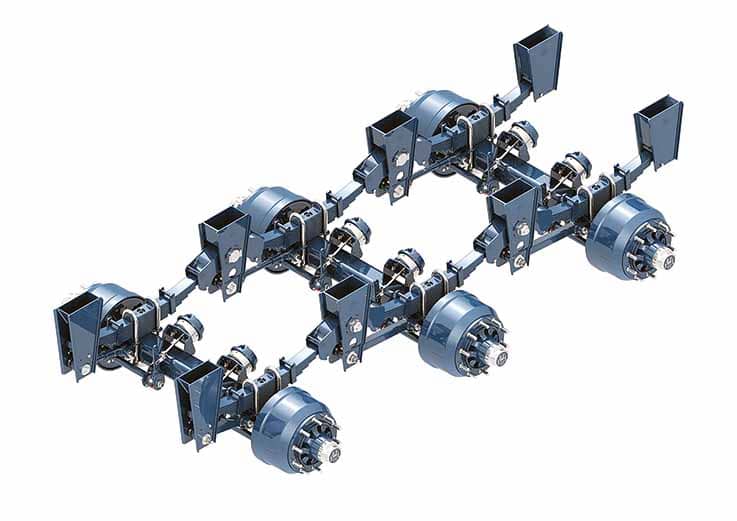

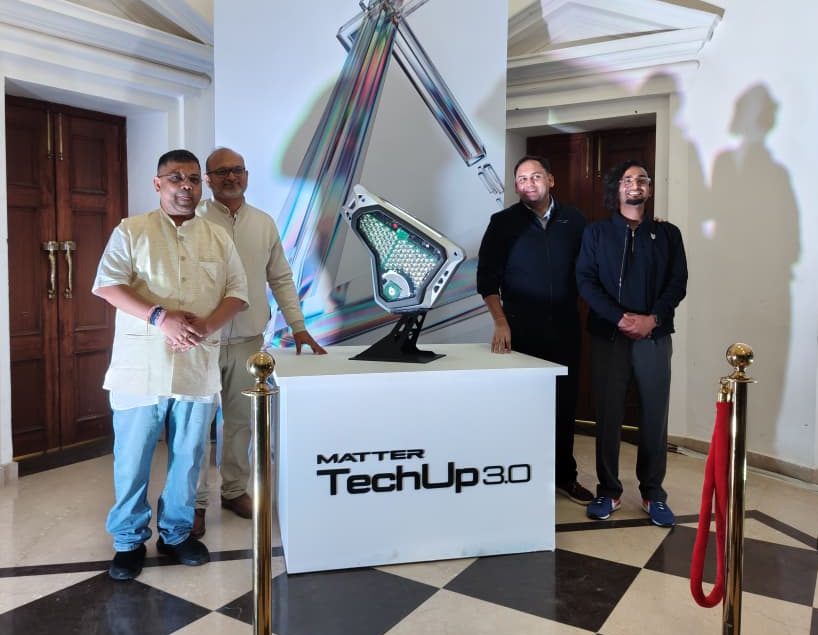
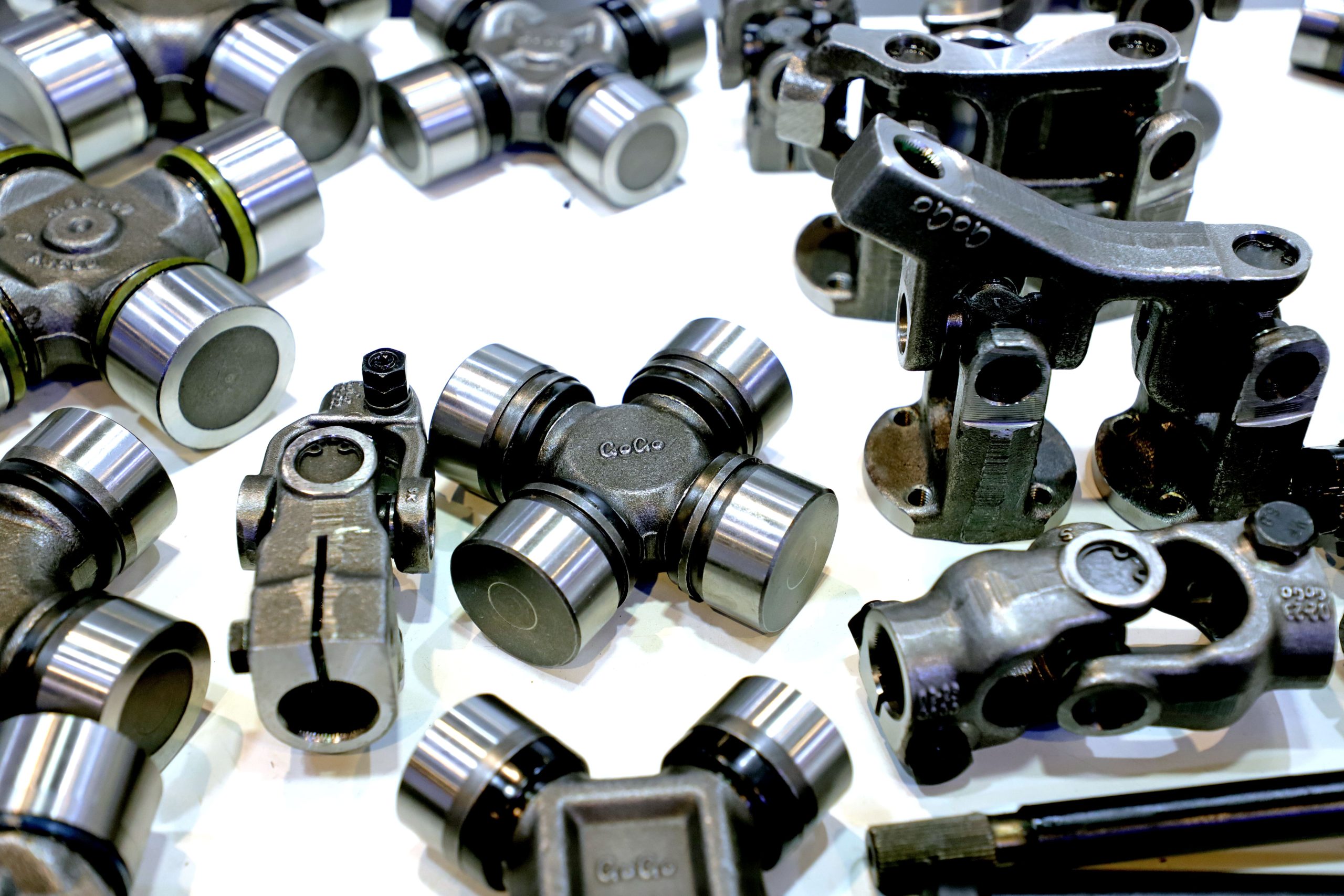
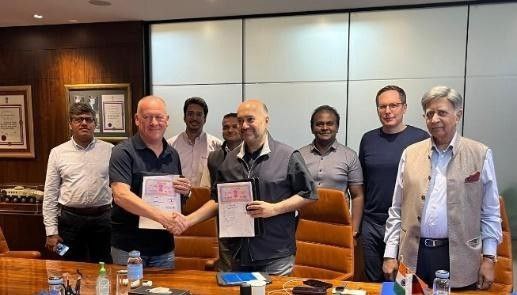
Leave a Reply